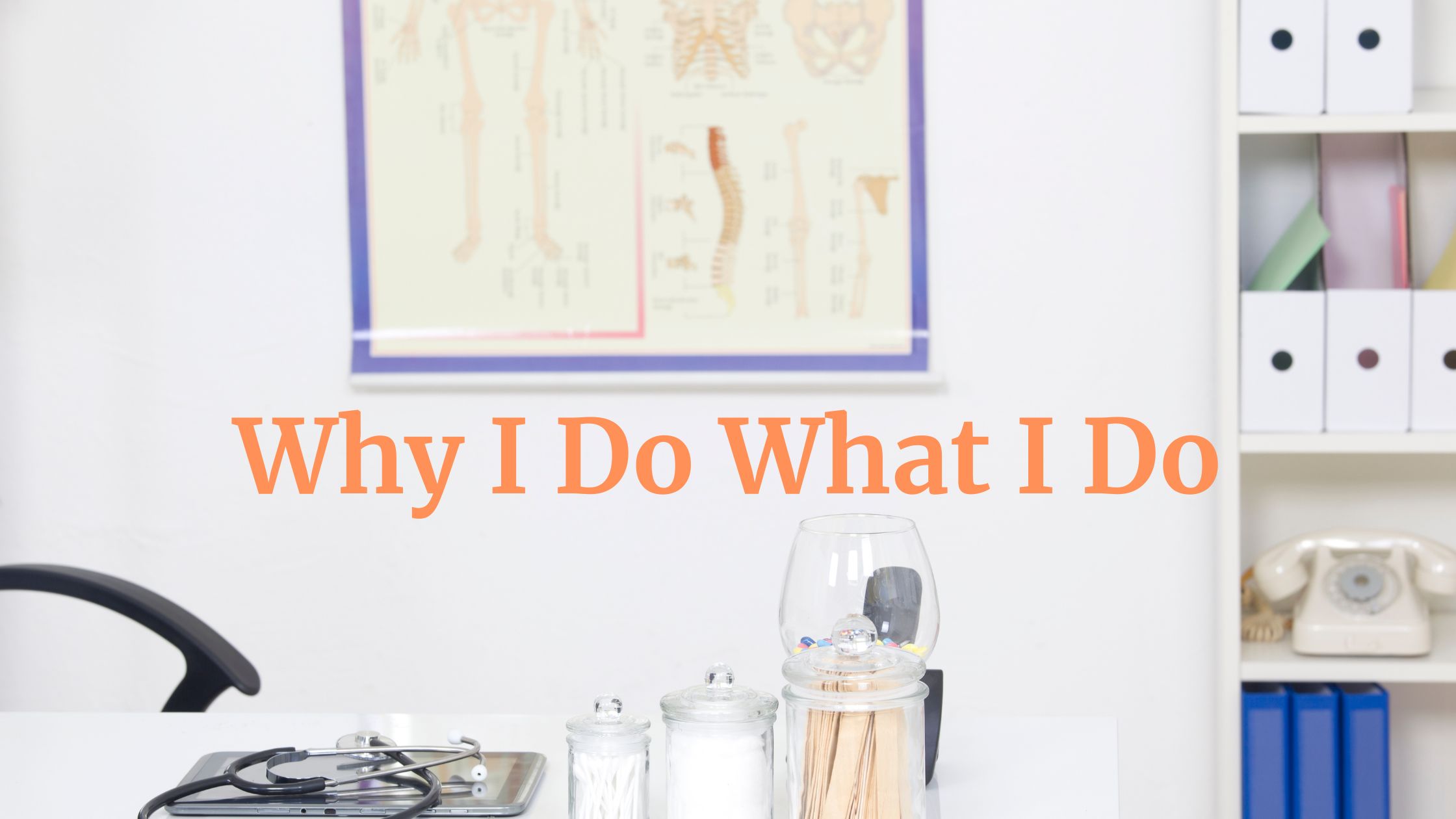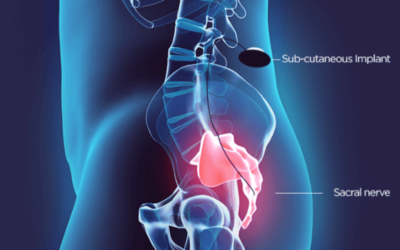Why do I do what I do?
I think the most common question that I get asked is, “Why do you do what you do?” Lots of women can’t imagine spending their time focusing on bladder leaking. They wish it would go away and really don’t want to talk about it- much less build a career around it. Other physicians often feel the same way. Specialties like cardiology and orthopedics seem much cooler to them because we’re more comfortable talking about those malfunctioning body parts. But I am super passionate about getting more women dry. Why?
Bladder leaking is common.
First of all, bladder leaking in women is common. Just because we don’t like to talk about it doesn’t mean it doesn’t exist. Estimates are half of all women leak urine, which includes all women- not just unattractive, fat, or older women. Beautiful, skinny, young, and athletic women leak too. These estimates on leaking shift depend on how the researcher asked the question, so you often see different numbers quoted. More women rarely leak, while fewer identify it as a daily problem. Some women have minor leaking that is easy to deal with (not that anyone likes it). Others have bothersome leakage that requires work and deliberate intervention to correct it. But around 40% of women identify bladder leaking as a big problem. A huge number of women are trying to figure out what to do. So why wouldn’t you want to help women manage such a common issue?
Bladder leaking can have a profound impact on physical and mental health.
Secondly, bladder leaking can have a profound impact on quality of life. It often slowly impacts different parts of your life in ways that may not be obvious. No one likes leaking. Once you are an adult, you expect to be in control of your bladder. When things go the other way, and you lose this control, it often leads to feelings of frustration and embarrassment. And we all naturally try to avoid embarrassment. Many women change their behaviors, too, and start avoiding the activities that cause leaking. Lots of these activities are fun! This often means avoiding social activities, exercise, or even intimate relations. And none of this is great for personal health. We need to be active and social to age gracefully- these interactions are a key part of a happy life. And avoiding intimacy can lead to so many relationship and personal issues.
All of these avoidance behaviors mean that bladder leaking is associated with more anxiety and depression. It has even been associated with less self-confidence in women. And not surprisingly, it has a negative effect on sexual function. I frequently tell my patients that it is hard to feel like a confident, beautiful, vibrant part of society when your bladder is betraying you. So why wouldn’t I want to help women with the condition that so profoundly impacts mental and physical health?
Bladder leaking is the last taboo.
Lastly, women don’t want to talk about their leaking. We’re happy to talk about things that were once taboo, like breast cancer, erectile dysfunction, and mental health. But bladder leaking often feels like a regression rather than a system failure. There are associated shame and embarrassment when it is an objective malfunction of one of your body systems.
The National Poll on Healthy Aging showed that 2/3 of women hadn’t discussed their leaking with a provider. Women with more significant leaking are more likely to talk about it, but that still leaves an awful lot of women who are suffering in silence. And many women who bring it up don’t feel like they get the information they need. There are lots of reasons for this. Many of the reasons are a result of our medical system.
Primary care physicians are amazing, and they handle so many different health problems in a short amount of time. But they may not have received much training on bladder leaking. They may not have the time in their schedule to focus on these issues. And women often don’t advocate well for themselves when they’re embarrassed. It is often the last thing mentioned in an appointment when we’re embarrassed or uncomfortable with a health concern. And that minimizes the importance of the issue and minimizes the time available.
I have the luxury of knowing that all my patients have bladder issues. Because I talk about these issues all the time, I’m very good at making women feel comfortable. I have lots of educational materials and resources. I can help you figure out what you can do at home to improve your bladder function. If that doesn’t provide the relief you need, we can progress to medications, procedures, or surgeries. The treatment plan is always unique to each person. But I want to help even more women than I can in my own clinic.
What else am I doing?
There’s a limit to the number of women that I can see in my clinic. There are only so many hours in the day. Over the past few years, I’ve tried different approaches to reach more women. I’ve programmed information into the hospital medical record system for other doctors to use. I’ve created an app for a GYN clinic sponsored by the hospital system. These attempts have not been as successful as I want. It is hard to make these system changes just because the systems are so big and so many people and bureaucracies are involved. During the pandemic, I started posting and blogging information directly to women. And I learned how to create and manage my own websites with written and video content. Life is often an iterative process, and all of these prior attempts have shown me the best way to expand my educational work.
I work a lot with the primary care physicians in Portland. They trust me to take care of their patients. But not all of these women are ready to see a subspecialist, even if they are interested in the education. Or they may be frustrated by waiting for an appointment and want to know how to get started. Somehow in the midst of the pandemic, our wait times have become a significant problem.
So, after discussing this with a group of primary care physicians, I’m going to create a website with free content to address the most common bladder concerns. Things that can help women get started. I’m so excited about this idea! It will give my primary physician colleagues a needed resource. It will help women get started on treating their leaking. And women will be a step further along when they are ready to come to my office. My goal is to have this project ready and up on January 1, 2023. There will be information on my www.womensbladderdoctor.com website. Keep an eye open for www.betterbladderguide.com!
Lukacz ES JAMA 2017
Frigerio M, Medicina 2022
Quiboeuf E BJOG 2016
Hermansen IL J Wound Ostomy Continue Nurse 2010






0 Comments